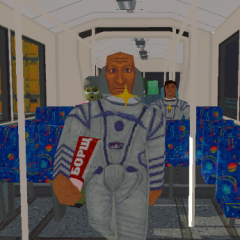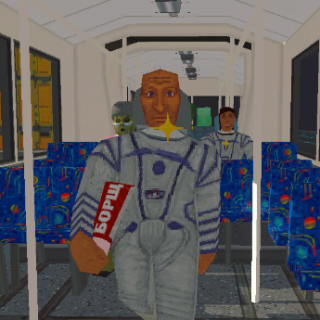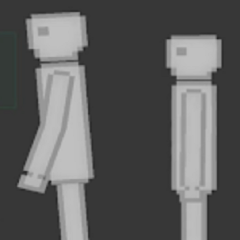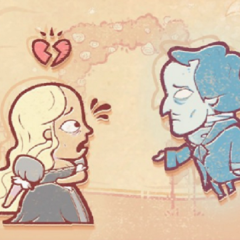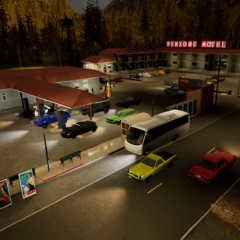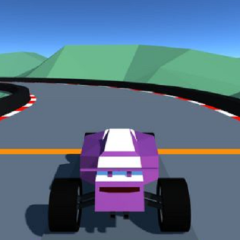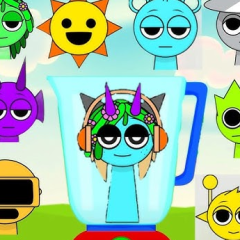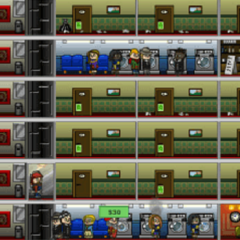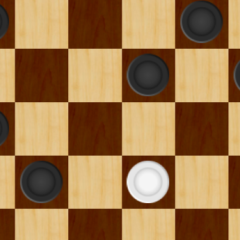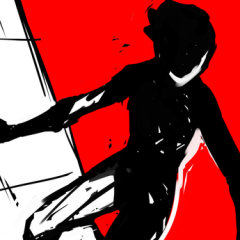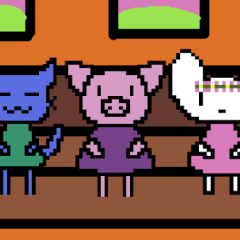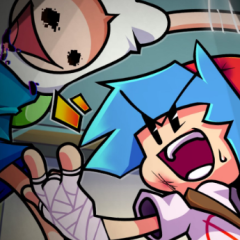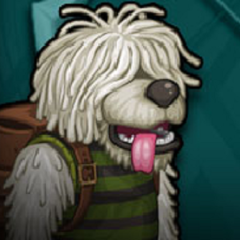Troleu is a first-person simulation and action hybrid where the player assumes the role of a trolleybus conductor. The core responsibility is to manage passengers, verify tickets, and keep order during each route. What seems like a simple transit job soon turns into a series of unpredictable encounters. Players must react quickly to situations that disrupt the journey, balancing between customer service and authority.
Gameplay And Responsibilities
During each route, passengers board the vehicle with a variety of intentions. Some carry valid passes, others attempt to evade payment, and a few may cause disturbances. The player checks tickets, processes payments using a POS terminal, and ensures that passengers respect the rules. Encounters with dishonest or aggressive individuals require immediate decisions, and those choices affect the flow of the route.
Core Features And Systems
The design of Troleu combines everyday management tasks with sudden conflict scenarios. Progress depends on handling both routine operations and unexpected challenges.
Key systems include:
· Ticket validation through a POS device
· Payment options including cash, card, or passes
· Confrontations with fare evaders or disorderly passengers
· Merchant upgrades that provide new perks for the conductor
· Inspections by a ticket controller to test compliance
These systems create variety and ensure that no two shifts feel identical.
Conflict And Decision Making
When passengers refuse to pay or disrupt the ride, the player must decide whether to negotiate, remove them, or use force. Each choice carries consequences, since excessive aggression may draw negative reactions, while leniency can encourage more rule-breaking. Ticket inspectors may appear unexpectedly, adding pressure to maintain compliance. Successful handling of these scenarios improves performance and may unlock additional upgrades. Poor judgment, however, can cut a route short or reduce rewards.
Replayability And Player Experience
Troleu emphasizes replay value through dynamic passenger behavior and variable challenges. Each run presents different situations, making adaptability important. Players can experiment with stricter enforcement or more lenient strategies, leading to different outcomes. The mixture of simulation and action ensures a balance between routine tasks and dramatic encounters, encouraging multiple playthroughs to refine approaches. With its shifting passenger patterns, layered systems, and unpredictable conflicts, Troleu delivers an experience where every route becomes its own story.

